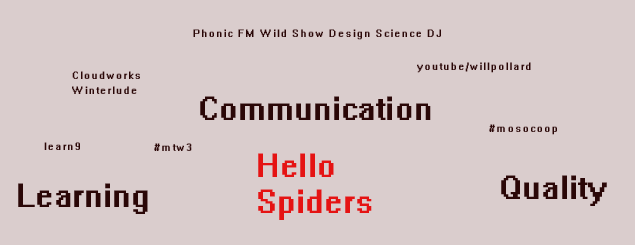Dates in March, communication and quality ( learn rehearsal in Jan)
It turns out that a couple of dates are during IPEX, the print show at ExCEL next year. The Deming SIG will hold another open meeting on the 25th March and there will be a TEDx in Exeter on the 28th. At first I thought this was too much for one week but it still leaves three days for IPEX and I think the other days relate.
Cross Media will be part of IPEX so the technology is about a form of communication where hard copy is included but is nothing special. The Deming ideas could relate to how organisations change. TEDx in Exeter has sold all the tickets available through social media.
This blog is about trying to link quality, learning and communication. It should be possible to record such a week and for it to more or less fit together. It can be tested online as each event has some sort of web existence. ExCEL is also the site for BETT so there can be a rehearsal with learning in January. BETT has always had a practical aspect in print production as part of other software. I don't think Apple or Adobe will attend, they have gradually moved online, but there may be a support stand with some connections.
There is a short gap till Learning Technology. Probably Adobe will be there but mostly concerned with video. Still an interesting situation to think about print.
The video is a TED talk about the MOOC. It is a bit extreme but at least raises some issues. There could be various time scales in different places. Meanwhile library buildings are still part of the plan, certainly in Exeter. Towards the end of IPEX will be a good time to look at a locality and see how the issues work out.
Radio is turning out to be most interesting. there is definitely a move to online listening and bits and pieces edited as clips. But live radio continues so I hope to find some time during the Wild Show on Phonic FM to talk about TED and the MOOC.


